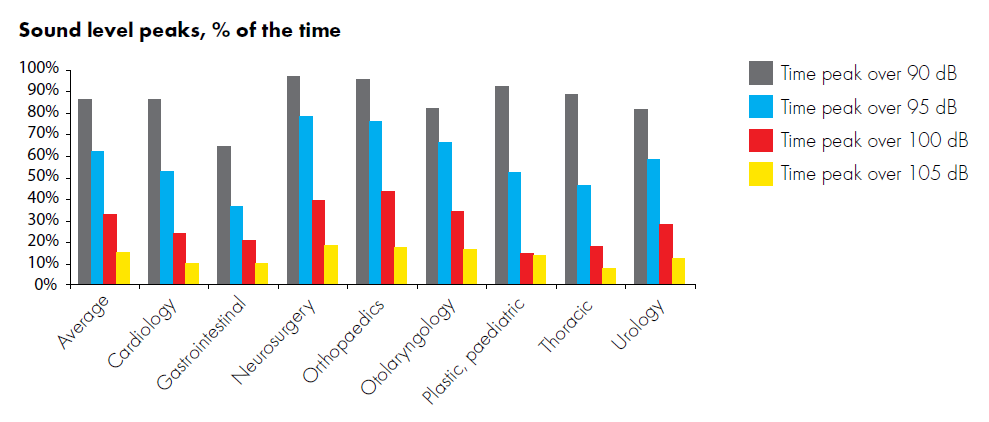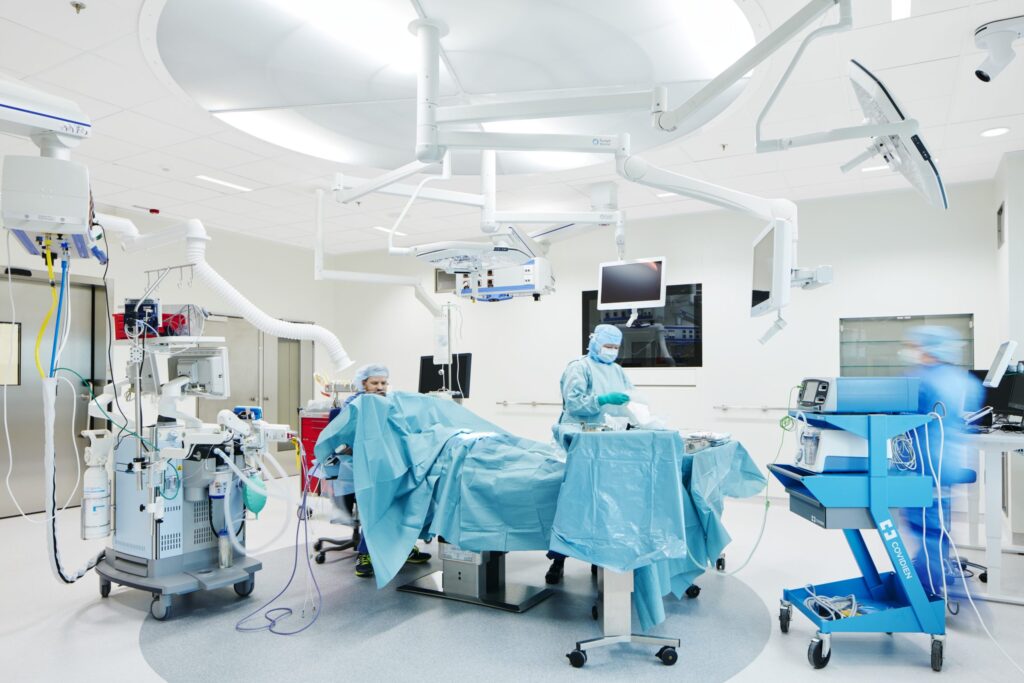
People who are cut off acoustically from the external world not only lose their hearing, they are at risk of becoming socially and intellectually isolated. The less stimulation the brain receives, the more quickly its capacity diminishes[1]. Hearing impairment is connected to more than just hearing.
Hearing loss and mental health
Research all over the world discusses the links between hearing loss and mental distress, which can include a wide  range of symptoms such as anxiety, depression, and confusion, and a Dutch study found indication of mental distress amongst 28% post-lingually (when hearing loss develops after the acquisition of speech and language) deaf men and 43% amongst post-lingually deaf women, compared with 22% and 27% in the general population[2].
range of symptoms such as anxiety, depression, and confusion, and a Dutch study found indication of mental distress amongst 28% post-lingually (when hearing loss develops after the acquisition of speech and language) deaf men and 43% amongst post-lingually deaf women, compared with 22% and 27% in the general population[2].
Also, research has identified specific links between hearing loss and depression[3] and it is known that the prevalence of significant anxiety and/or depression was four times greater amongst people with hearing loss than the population average[4].
Sound in healthcare
Over the years, healthcare facilities have become more and more complex and today we have more advanced mechanical equipment and technical opportunities. We have more people in the buildings, and in hospitals, we have a constant workflow – people and departments are working around the clock. All this contributes to a noisy sound environment for both staff and patients if we don’t secure that the room acoustics support the activities.
A study from Johns Hopkins Hospital
 In operation rooms, staff members are often exposed to sound pressure levels that can be harmful to hearing and a study from Johns Hopkins Hospital, USA[5], has investigated the sound pressure levels before, during, and after operations. The duration of noise was recorded during each surgical procedure, permitting the association of sound levels with particular types of surgery.
In operation rooms, staff members are often exposed to sound pressure levels that can be harmful to hearing and a study from Johns Hopkins Hospital, USA[5], has investigated the sound pressure levels before, during, and after operations. The duration of noise was recorded during each surgical procedure, permitting the association of sound levels with particular types of surgery.
Sound levels were found to average between 55 and 70 dB with significant sound peaks, some of which the great intensity during surgical procedures. The majority of the surgical departments experienced sound peaks of at least 110 dB. (and unfortunately, levels over 120 dB were not uncommon)!

Hearing loss or clear communication?
The concerns raised by high sound levels in ORs are twofold: the potential for hearing loss, and the disruption to clear speech communication. It is said that clear speech communication requires at least a 15 dB signal-to-noise ratio. This in this case means, given the sustained sound levels in the OR during surgery, that normal speech levels could be between 70–85 dB!
In this study medical staff were confronted with the choice of either speaking loudly in the OR to ensure good communication or running the risk of somewhat compromised communication clarity. Given the nature of the surgery, the latter of these options was unacceptable.
We know that installing acoustic ceilings and absorbent wall panels in operation rooms will affect the sound pressure levels positively. Maybe that is how we take the best care of the hearing of the staff.

_______________________________________
[1] Arneborg, E., Deutsche Seniorenliga e.V., Altersschwerhörigkeit – Symptome, Ursachen, Folgen, Diagnostik, Therapie, Age-related hearing loss – symptoms, causes, consequences, diagnosis, therapy, Ausgabe 2010; Dalton et al., 2003; Chia et al., 2007; Chisolm et al., 2004
[2] De Graaf R. and Bijl R.V. Determinants of mental distress in adults with a severe auditory impairment: differences between prelingual and postlingual deafness Psychosomatic medicine 64:61-70 (2002).
[3] Tomita, M., Mann, W. and Welch, T. ‘Use of assistive devices to address hearing impairment by older persons with disabilities, Int J Rehabil Res, 24, 279-9. (2001)
[4] Thomas, A. (1984) Acquired hearing loss: psychological and psychosocial implications. Orlando, FL: Academic Press.
[5] Kracht et al., “Noise in the operating rooms of Johns Hopkins Hospital”, Journal of the Acoustical Society of America, , 121(5 pt1), p2673–80 (2007)

